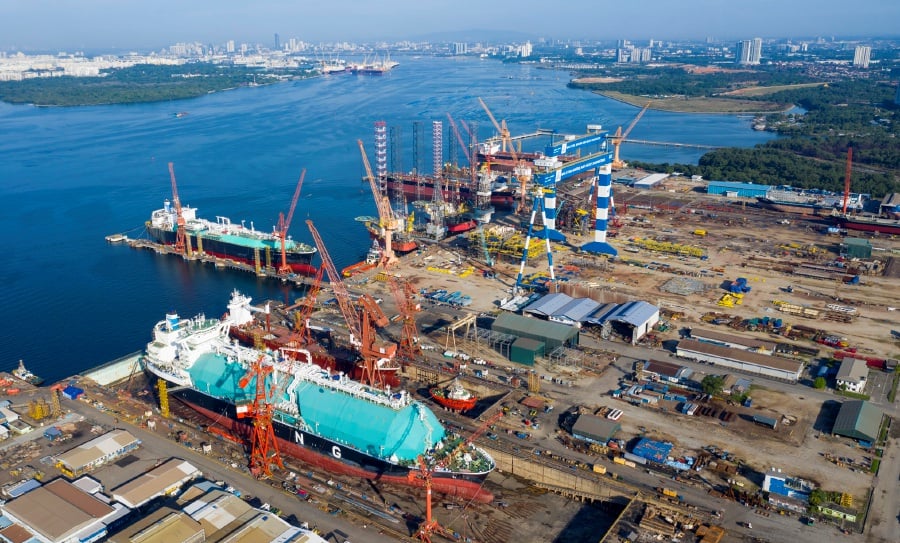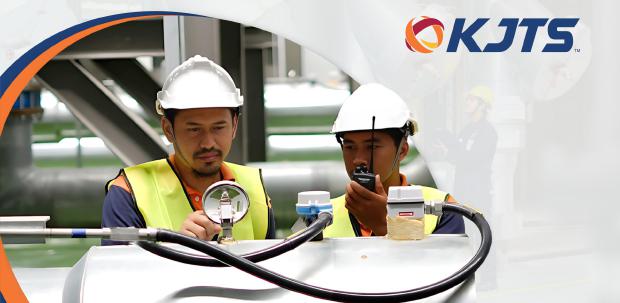KUALA LUMPUR: Malaysia Marine and Heavy Engineering Holdings Bhd (MHB) has secured a second offshore wind project worth RM1.5 billion from Petrofac International (UAE) LLC.
MHB said its subsidiary Malaysia Marine and Heavy Engineering Sdn Bhd (MMHE) will build an offshore substation (OSS) high voltage direct current (HVDC) platform, consisting of topside and jacket for Petrofac.
In a filing to Bursa Malaysia, MHB said the project, named the Nederwiek 1, underscores its commitment to sustainable energy infrastructure development.
"Serving as a vital component of TenneT's groundbreaking two gigawatt (GW) programme in the Netherlands, this OSS reaffirms MHB's pivotal role in advancing clean energy solutions," it noted.
According to MHB, the OSS platform comprises a topside, weighing about 30,000 tonnes (including equipment) and a jacket, weighing about 10,000 tonnes.
Under this project, MHB is responsible for the construction engineering, fabrication, mechanical completion, load out and sea fastening, and architectural works on an engineering, procurement and construction (EPC) basis.
The project is for 36 months, with fabrication to begin in 2025 and completed by 2028.
This latest contract follows the award of the first subcontract for the IJmuiden Ver Alpha project in November 2023 from Petrofac.
In addition, MHB and Petrofac will collaborate towards the possibility of another OSS of similar size.
MHB managing director and chief executive officer Mohd Nazir Mohd Nor said building upon its initial strides, this recent subcontract win is a crucial milestone for the company.
He added that it signifies MHB's contribution to TenneT's significant 2GW programme in the Netherlands, supporting the rapid development of large-scale offshore wind infrastructure projects which are crucial to Europe's energy transition.
TenneT's 2GW programme is a crucial step in Europe's transition to a lower-carbon future.
Germany, the Netherlands, Denmark and Belgium have agreed to install at least 65GW of offshore wind energy together by 2030.
Two-thirds of this (40GW) will be accounted for by TenneT, with 20GW each in the German and Dutch North Seas.
TenneT's innovative 2GW programme will be vital to reaching these targets and will provide a blueprint for the delivery of future offshore grid connection systems.
TenneT's strategy focuses on standardisation and fostering new contracting models within the supply chain to enable the creation of innovative and scalable solutions that can be quickly and cost-effectively deployed.
The 2GW programme will provide Europe and its inhabitants with more clean energy in a safe and cost-effective way, with the lowest possible environmental impact.





